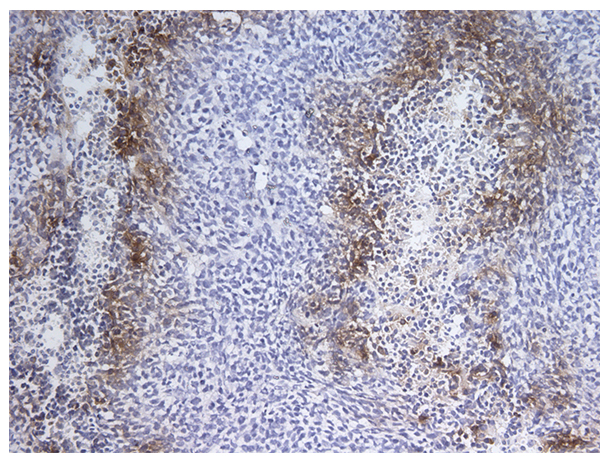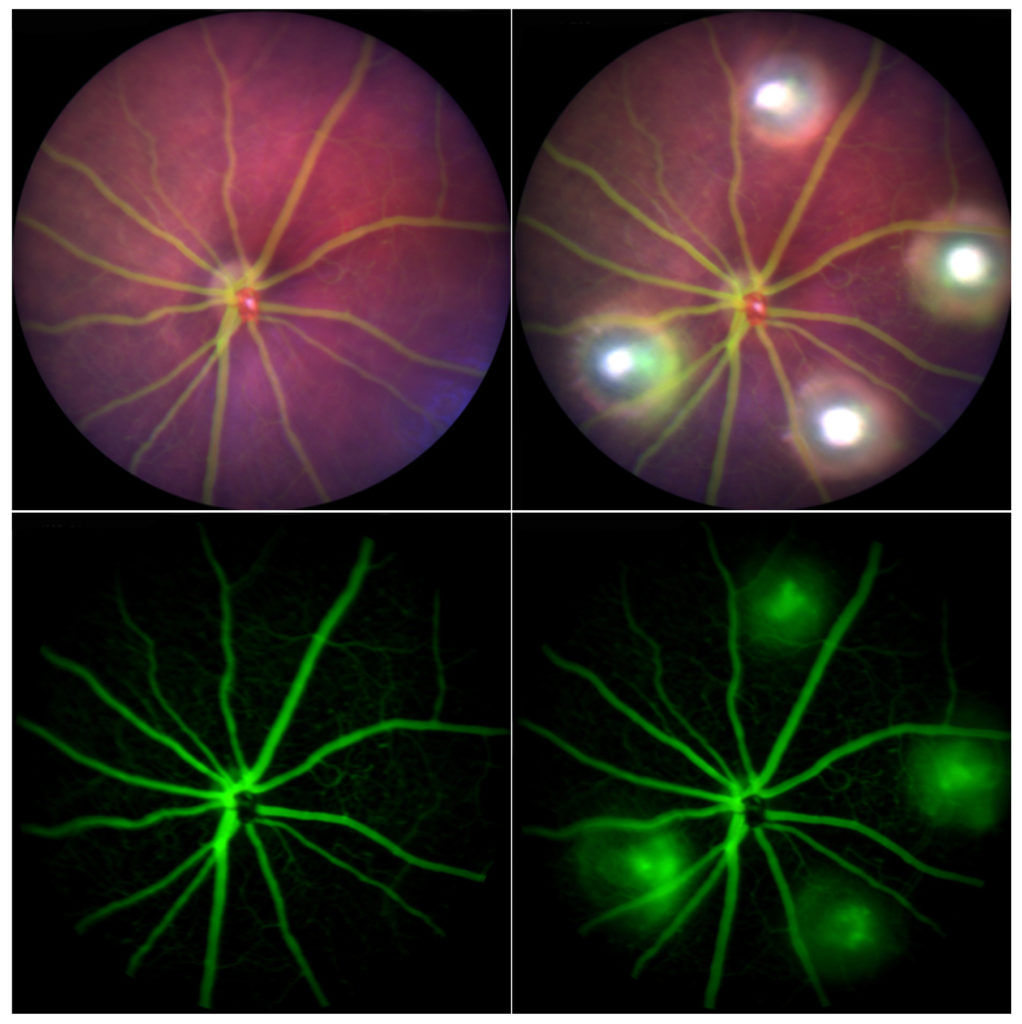In 1971, Judah Folkman published the first hypothesis that tumor growth is angiogenesis dependent, thus paving the way to the development of anti-angiogenic therapy.
In 2004, the FDA approved the first anti-angiogenic drug for metastatic colon cancer therapy, a monoclonal antibody (bevacizumab) able to neutralize the activity of the most powerful pro-angiogenic growth factor, the vascular endothelial growth factor (VEGF).


